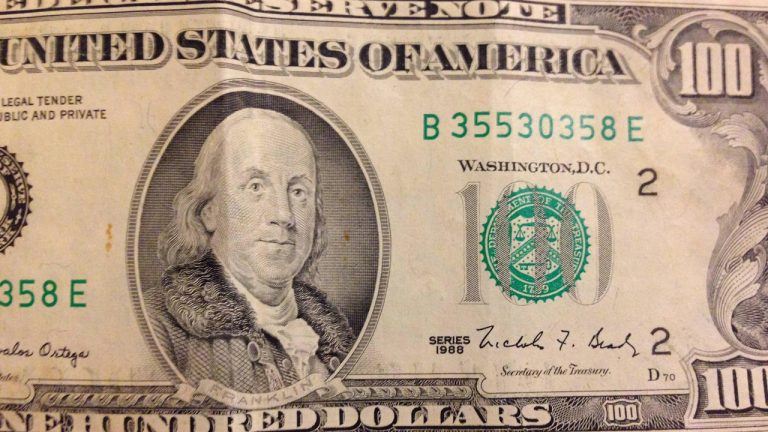TLDR
- Coinbase has filed a notice in its legal battle with the SEC, citing a recent court ruling in favor of Binance
- The SEC sued Consensys over MetaMask’s Ethereum staking service
- SEC Commissioner Mark Uyeda criticized the agency’s approach to crypto filings
- Recent Supreme Court decisions may limit the SEC’s power over crypto
- The crypto industry is facing regulatory challenges and calls for clearer guidelines
Coinbase, one of the largest cryptocurrency exchanges in the United States, has made a move in its ongoing legal battle with the Securities and Exchange Commission (SEC).
Coinbase recently filed a notice citing a court ruling in favor of Binance, another cryptocurrency exchange. This ruling, made by Judge Jackson, dismissed the SEC’s claim that secondary market transactions in Binance’s BNB token were investment contracts.
Coinbase’s lawyers argue that this decision highlights inconsistencies in how courts apply the Howey test to cryptocurrencies.
The Howey test is a framework used to determine what constitutes a security. Coinbase claims that the SEC’s current stance deviates from this established framework. This situation, they say, shows the need for a higher court to review these cases and provide clearer guidance.
Paul Grewal, Coinbase’s chief legal officer, expressed concern about the inconsistent application of rules. He stated,
“Liability shouldn’t depend on which court you get sued in or which judge is assigned to your case.”
This sentiment reflects the frustration felt by many in the crypto industry about the lack of clear regulations.
While Coinbase fights its legal battle, the SEC has taken action against other crypto companies.
Recently, the regulator sued Consensys, the parent company of MetaMask, a popular cryptocurrency wallet. The SEC alleges that Consensys operated as an unregistered broker and offered unregistered securities through its MetaMask Swaps service.
These legal actions come at a time when even some within the SEC are questioning the agency’s approach.
Commissioner Mark Uyeda criticized the SEC’s handling of crypto asset filings. In a footnote of a recent statement, Uyeda called the agency’s current approach “problematic.” He suggested that the forms used for filing don’t properly reflect the unique nature of digital assets.
Uyeda’s comments hint at a potential shift in how the SEC might handle crypto regulations in the future. He emphasized that the current approach “neither facilitates capital formation nor protects investors.”
Adding to the regulatory uncertainty, recent Supreme Court decisions may limit the SEC’s power over crypto. Two rulings in particular could have significant implications.
One decision held that defendants in SEC civil cases involving securities fraud are entitled to a jury trial. Another overturned a precedent that required lower courts to defer to federal agencies’ interpretation of laws.
Sheila Warren, CEO of the Crypto Council for Innovation, commented on these rulings: “This has direct implications for the crypto industry. The role and firepower of regulators, like the SEC, is in question if courts have the ability to step in.”
These developments come as the crypto industry continues to call for clearer regulatory guidelines. The conflicting court decisions and changing legal landscape have left many companies unsure about how to comply with regulations.
The post Recent Court Rulings and SEC Actions Reshape Crypto Regulatory Landscape appeared first on Blockonomi.

 2 days ago
7
2 days ago
7









 English (US) ·
English (US) ·